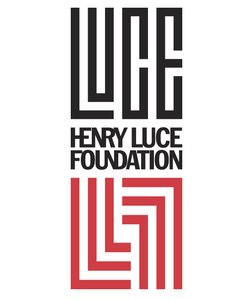funding
In AY2020-21, Keeping it 101 was generously supported by a New England Humanities Consortium Grant!
The New England Humanities Consortium (NEHC) promotes intellectual collaboration, interdisciplinary exchange, and innovative educational programming for faculty, students, and the regional, national and global communities they serve. The grant that supports Keeping it 101 for seasons 2 & 3 is meant to honor and promote collaboration between member institutions (in our cases, Northeastern University and UVM).
In AY2021-22, Keeping it 101 is funded by a Public Humanities Fellowship from the UVM Humanities Center!
These grants both specifically support accessibility for Keeping it 101. Transcription has been part of our process since the first episode, but after that pilot season, it was clear that a transcription service (which can’t produce perfect, legible transcripts on its own) and elbow grease were an unsustainable model. Since we care about sustainable accessibility, these grants support the cost of transcription, a research assistant whose primary role will be to edit the raw transcription, and web support so we can continue to make this website a robust, rich complement to the podcast itself.
Additionally, in AY21-22, the Public Humanities Fellowship allowed us to offer (very modest) honoraria to our guests. Most podcasts do not offer payment of any kind to experts; we, however, argued that our podcast isn’t a place to flog one’s work but is, instead, a scholarly site of knowledge production and information sharing. In short, we claimed our podcast is scholarship.
We are grateful to both the NEHC and UVM Humanities Center for their initial and ongoing support. Ilyse serves as PI for both grants.
In AY2022-23, Keeping it 101 is funded by a UVM REACH Grant as well as a Luce-AAR Advancing Public Scholarship Grant!
We are drowning in good fortune this year—by which we mean “wow, Ilyse really applied for, won, and manages everything!” These grants continue the work of supporting accessibility, as well as additional help for the working of the podcast. As before, transcription remains a central product, with transcriptions launched at the same time as new episodes, every time, with no delays.
We are also able this year to invest in support. Before, Ilyse and Megan did everything: writing, recording, audio, website, social media, grant management, publicity, marketing, design… and now we have three new research assistants and interns who each take 5-10 hours a week of work off our plates. Which should tell you how much work a public humanities podcast is, and how important funding is for these projects.




